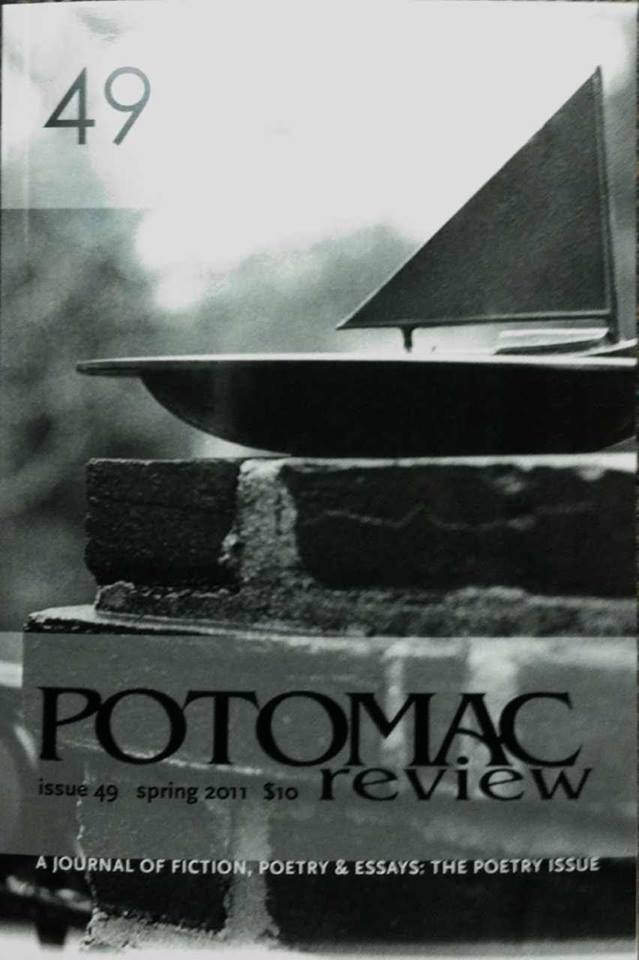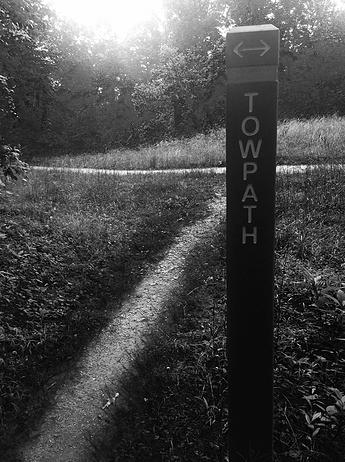Our Mission
From the shadow of our nation’s Capitol, Potomac Review looks out across its lush Potomac River basin, collecting and absorbing the world’s literary diversity. Embracing D.C.’s values of international inclusion, PR seeks work from emerging as well as established writers around the globe to facilitate the literary conversation
Our History
Founding editor Eli Flam launched Potomac Review in the D.C. area in 1993, declaring it “the quarterly with a conscience at the heart of the Mid-Atlantic.” The review relocated in the early 2000s to Montgomery College and the Paul Peck Humanities Institute, where it became the biannual print literary magazine it is today.
Over the years, the Potomac Review has received numerous recognitions. Richard Prins’s “Because: an Etiology” (Issue 73) was reprinted in Best American Essays 2024 and Mark Christhilf’s “Overtures on Some Unanswered Questions” (Issue 73) appeared in Best Spiritual Literature 2024.
Additionally, Potomac Review recently has received numerous citations in Best American Essays and Best American Short Stories. In 2023, Alan Rossi earned distinction for “My Teacher” (Issue 70) in Best American Short Stories. Notable distinctions in Best American Essays include Caleb Coy for “In Maggie’s Shadow” (2023, Issue # 71); Amanda Gaines for “Purplest” (2022, Issue # 69); John Talbird for “What Happens Next” and Orman Day for “When We Were Swashbucklers” (2021, Issue # 66); Tracey Hack for “Dormancy” and Kevin J. Kelley for “Po-tay-to/Po-tah-to” (2020, Issue # 65); Paul Haney for “It’s Our Album Now” (2020, Issue # 64); Sarah Bryan for “Thelytoky” and Krista Christensen for “Theory of Negativity” (2019, Issue # 63); and Sue Eisenfeld for “Taking It” (2018, Issue # 61).
Potomac Review participates in literary dialogue by attending and hosting national conferences. It has hosted the Conversations and Connections Conference in conjunction with Barrelhouse, Baltimore Review, and Johns Hopkins University. Every year, Potomac Review can also be found at the book fair and panel discussions at the AWP conference.
NOTABLE DISTINCTIONS FROM BEST AMERICAN ESSAYS, BEST AMERICAN MYSTERY STORIES, BEST OF THE MIDWEST, & BEST NONREQUIRED READINGS

Our Staff
Editor: Albert Kapikian
Managing Editor: Monica Mische
Poetry Editor: Katherine Smith
Administrative Assistants: Florence Gadson
Contributing Editor: Viola Clune
Associate Editors: Conrad Berger, Anjennee Cannon, Peter Chamberlain, Theron Coleman, Hieu Duong, Courtney Ford, Robert Giron, Michael LeBlanc, Kateema Lee, Alejandro Leopardi, Heather Levine, David Lott, Mike Maggio, Edwin McCleskey, Lauren Strawbridge, Ellen Sullivan, Marianne Szlyk
Interns: Elizabeth Jin Carvallo, Cayden Coleman, Noa Nissim Kobliner, Liana V.
Contact Information
 For submission inquiries, please visit our guidelines at PotomacReview.Submittable.com or email us at potomacrevieweditor@montgomerycollege.edu.
For submission inquiries, please visit our guidelines at PotomacReview.Submittable.com or email us at potomacrevieweditor@montgomerycollege.edu.
For subscription and advertising inquiries, please contact Florence Gadson.
For all other comments and inquiries, please contact: Albert Kapikian or Monica Mische.
You may also contact us the old-fashioned way, at:
Potomac Review
Montgomery Collge
51 Mannakee Street, MT 212
Rockville, MD 20850
Published by the Paul Peck Humanities Institute at Montgomery College, Rockville, Maryland. Potomac Review has been made possible through the generosity of the Montgomery College Foundation.
A special thanks to Dean Elizabeth Benton
Paul Peck Humanities Institute | 51 Mannakee Street | Rockville, MD 20850
Potomac Review, Inc. is a not-for-profit 501 c(3) corp.
Member, Council of Literary Magazines & Presses
Indexed by the American Humanities Index
Montgomery College
Potomac Review has been made possible through the generosity of the MC Foundation and is published by the Paul Peck Humanities Institute at Montgomery College, Rockville, Maryland.
